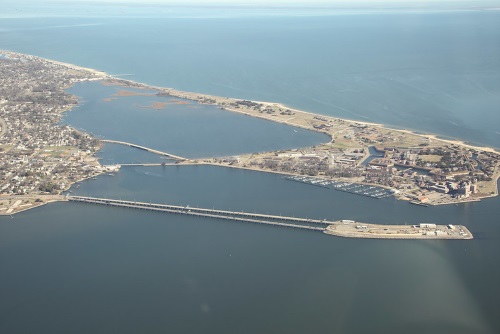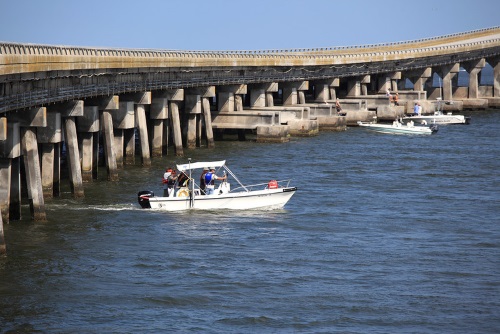State departments of transportation may soon be forced to adapt to changing rules surrounding the protection of migratory birds within transportation construction projects.
As noted in part one of this story, a notice of proposed rulemaking originally issued January 30 by the U.S. Fish and Wildlife Service (FWS) – with a comment period set to end on July 20 – would change key aspects of the Migratory Bird Treaty Act of 1918 or MBTA in terms of how state DOTs manage migratory bird populations during transportation construction activities and would prevent them from being fined for accidentally killing birds such as geese, herons, ducks, and other migratory species.
Under the proposed rule change, many requirements would be considered voluntary and could result in many protective undertakings to be abandoned.

One example centers on the Virginia Department of Transportation Hampton Roads Bridge-Tunnel expansion project. An estimated 25,000 seabirds recently lost their nesting site of 40 years when the entire South Island of the Bridge-Tunnel project was paved over during the tunnel expansion project. In early 2020. state DOT officials began work with researchers and federal agencies to establish alternative nesting areas, but those efforts were abandoned when the proposed rule loosened repercussions for bird deaths during construction and when federal money to protect or relocate the habitats elsewhere was eliminated.
As a result, Virginia’s Department of Game and Inland Fisheries submitted a request to the Army Corps of Engineers to use dredged material to build a new bird island to mitigate the situation and Governor Ralph Northam (D) acted in February to make sure this mitigation effort would occur. The Department of Game and Inland Fisheries plans to create a new habitat for the birds by preparing the artificial island adjacent to the Hampton Roads Bridge-Tunnel and will also seek authorization to put barges in place to provide additional nesting habitat in advance of the upcoming nesting season.
Furthermore, the Department of Game and Inland Fisheries has started developing a state regulation dealing with the “incidental take” of migratory birds; a step only California has emulated to date.
That illustrates the decisions state governments and state DOTs alike across the country may face in terms of protecting migratory birds during construction and inspection activities under the new FWS regulatory initiative.

